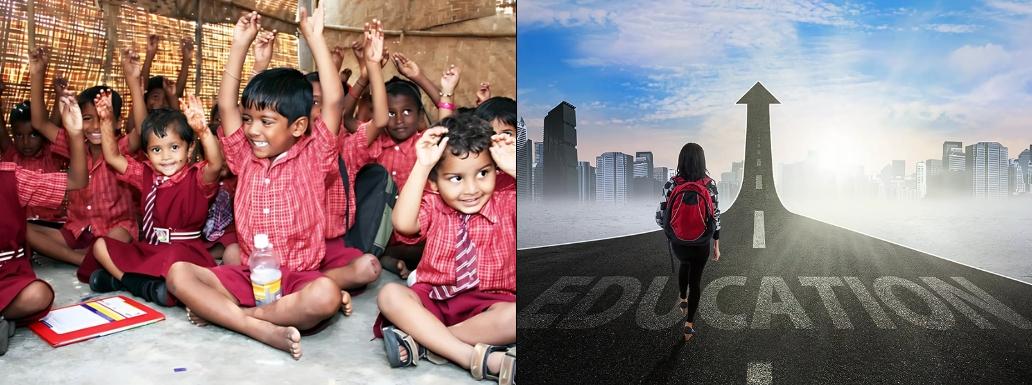Tuesday 3 March 2026
India Leads in Education Confidence: 70% Optimistic vs. 30% Worldwide
Share

According to recent statistics, India has a more positive outlook on the current education system and socio-economic mobility than other countries in the World. The latest educational testing service has released a human progress report after surveying 18 countries. The data reveals the optimism Indian people have towards education in India, which stands in contrast with global sentiments.
According to the statistical data obtained, 70% of Indians are optimistic about the education system, which is more than the global average, which is just 30%. Also, confidence in future improvements is higher in India, constituting 76% compared to 64% globally.
The Indian Population has also pointed out the challenges in the currenteducationsystem: 84% of people believe that accessing quality education seems difficult, 78% think that educational opportunities are directed towards certain privileged groups in the nation, and about 74% of people pointed out the shortage of teachers highlighting the major drawback of the educational system inIndia.
Not only does India have a higher percentage of optimism toward education but it also shows more frequency towards the barriers to achieving it. Compared to the global average, Indians pointed out the lack of high-quality educational programs (34% vs 22%) and institutions (29% vs 20%) as barriers. India considers non-profit organizations to play a major role in providing high-quality education, with 26% of people agreeing to it compared to 19% globally.
India is more optimistic about socioeconomic mobility than compared to education in the country accounting for about 69% and it is just 55% globally. In the future, about 72% expect improvements in socio-economic mobility while it is only 62% globally.
But when it comes to barriers Indians think that their country has more barriers towards uplifting socio-economic mobility compared to other countries. Those barriers include: Job Shortages – 40% in India while it is 34% globally; Expensive Education- 33% vs 28%; and lack of advancement in Knowledge- 29% vs 22%. Certain Indians also felt that lack of connections was a barrier to their upliftment when compared to the global population.
Amit Sevak, CEO of ETS said, ” India has made impressive strides in foundational learning, but disparities persist between rural and urban areas and across states. One of the biggest factors influencing student outcomes is teacher quality”.
The Indian workforce has started upgrading their skills according to the work requirements whenever needed. About 91 % of Indians believe that lifelong learning will become a career standard and this belief is higher than the global population. Most importantly about 88% of Indians believe that credentials and certifications will add more value to their skills than university degrees. While only 75% of people have this belief globally.
The statistical data also reveals that Indians foresee AI as a complement rather than a threat to the current working conditions. About 88% of Indians consider AI as a transformative tool that will have an impact on essential skills.
This current statistical data reveals the positive attitude of Indians toward the current education system and the upliftment of socio-economic mobility. Though there are various barriers cited by the Indian population, with the advancement in technology and AI integration into the workforce, India definitely will overcome these challenges in the future.
Newsletter
Stay up to date with all the latest News that affects you in politics, finance and more.